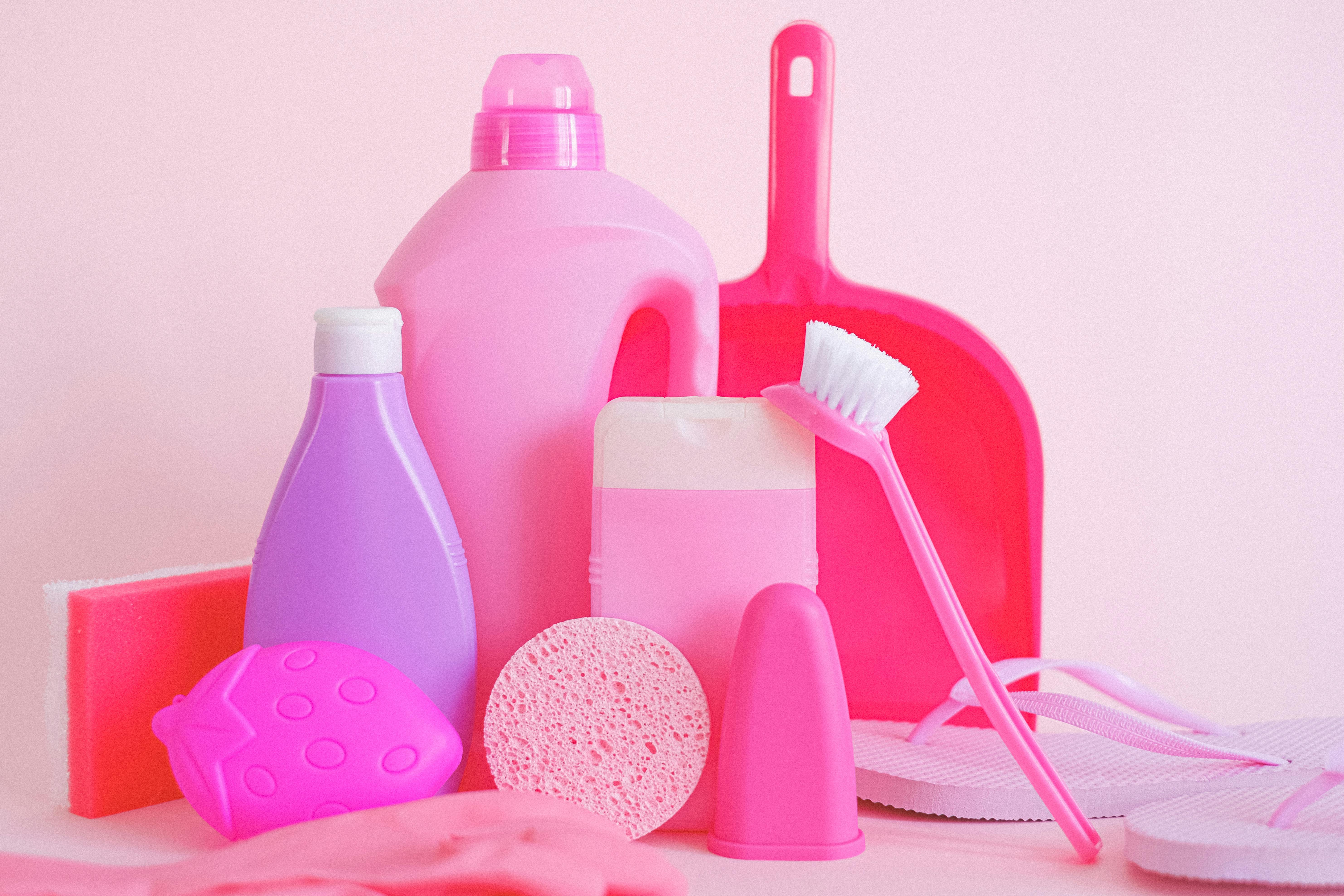If you’re expecting a baby, you’ve no doubt heard that “the breast is best.” Breastfed babies are healthier. They are less likely to have diarrhea, get ear infections, develop allergies. They have better immune systems, better protection against SIDS, and are less likely to need braces, become obese, or develop certain types of childhood cancers. They are even smarter. Approximately 13,000 studies document these and other benefits of breastfeeding.
But Diane Wiessinger, an international board-certified lactation consultant in upstate New York, argues that these claims are actually incorrect. When we say that breastfed babies are healthier, who are we comparing them to? Formula-fed babies, of course. But while formula feeding may be the cultural norm, it’s clearly not the biological norm.
Think about it. Everyone knows the risks of smoking and obesity. People who smoke are more likely to develop lung cancer. Obese people are more likely to suffer from heart disease and diabetes. But more likely than who? than non-smokers and people of normal weight. In both examples, the biological norm is the basis for comparison. Researchers designing studies always take non-smokers and people of normal weight as control groups.
But this is not the case with breastfeeding. Here, for example, is a paragraph I recently came across in an issue of a popular parenting magazine: “If someone told you there was an elixir that could help protect your new baby from bronchitis, ear infections, pneumonia, diarrhea, and urinary tract infections, would you like to know more? If you knew that the effects of this concoction would last into your child’s teens, reducing their risk of diabetes, allergies, and high blood pressure, would you have to take it? If the same concoction could increase his IQ, wouldn’t you rush to find it as soon as you can?
What if the same paragraph were written comparing formula-fed babies to breastfed babies? You might say something like this: “If someone told you there was a concoction that would reduce your baby’s protection against bronchitis, ear infections, pneumonia, diarrhea, and urinary tract infections, would you want to know more? If you knew If the effects of this mixture would last into your child’s teens, increasing their risk of diabetes, allergies, and high blood pressure, would you insist on avoiding it?
The message certainly sounds harsher. And this is exactly what healthcare providers, magazine publishers, and formula manufacturers want to avoid.
Many times, people are afraid of making women feel guilty, so they soften the message. One new mother, for example, told me about her doctor’s approach. “My OB/GYN didn’t push me to breastfeed,” she recalls, “but she didn’t push me. She gave me a free bag of Enfamil diapers with formula in it.”
It is this kind of “objectivity” that prevents us from making fully informed decisions. Plain and simple, breast milk and formula are not equivalent substances.
To be sure, the media is full of stories of women feeling guilty about not being able to breastfeed. But anthropologist and breastfeeding advocate Katherine Dettwyler says guilt and regret are two separate emotions. If we make the best decision with the information and resources we have at the time, we have no reason to feel guilty.
Psychologist Harriet Lerner cautions against internalizing guilt. “Try to remember,” she writes, “that our society encourages mothers to cultivate guilt like a little flower garden, because nothing blocks awareness and the expression of legitimate anger like this all-consuming emotion.”
And without accurate information, women have every right to be angry. Not all women can breastfeed (although most are) and not all women want to. But just as we have the right to know the benefits and risks of other substances we put into our bodies, we deserve the right to make informed decisions about how we feed our babies.
So as you read about breastfeeding, remember: the breast is not the best. It’s just normal.
